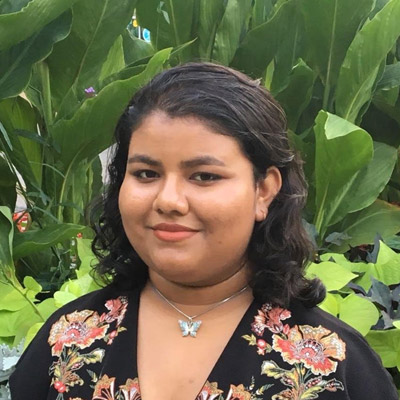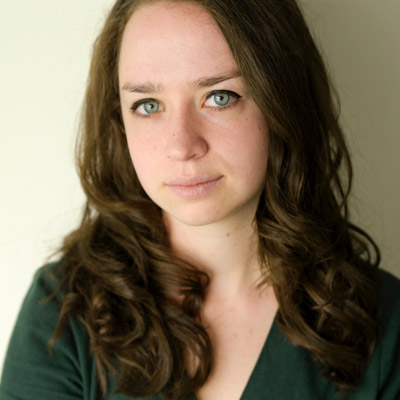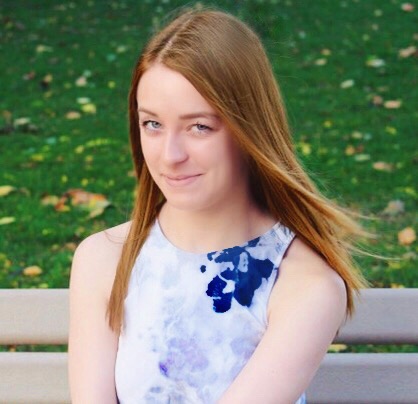The IJB’s research activities include systematic investigations intended to improve journalistic techniques and develop principles and knowledge about investigative journalism. We also work to develop and publish knowledge, facts, and ideas on matters of public interest that enlighten, inform and generate important discussions.
By working on high-impact, multidisciplinary projects, students learn public advocacy, core journalism and ethical reporting skills. Broader public interest is also served by in-depth, contextualized examinations of important issues.
The IJB was envisioned by Robert Cribb, award-winning investigative reporter at the Toronto Star and the Bureau’s founding director. It is built on a decade of experimenting with a model to bridge the investigative journalism classroom with the newsroom. That pioneering work has resulted in dozens of major investigations from student-led projects moving onto newspaper front pages and television screens over the past decade.
The Bureau works in partnership with major media organizations in Canada, the United States and overseas, as well as with teaching programs throughout the world. IJB’s investigative reporting will be integrated with Dalla Lana’s Journalism and Health Advocacy Program, led by Robert Steiner, an award-winning journalist and founding director of the Fellowship in Global Journalism. It is part of the school’s belief that health professionals and scientists need journalism skills in order to generate research, knowledge and impact on matters of critical importance.
Journalistic standards
The IJB adheres to the Canadian Association of Journalists’ Ethics Guidelines. These guidelines help inform the work we do and cover key journalistic principles including accountability, accuracy, fairness, independence and transparency, among others. The full guidelines can be found here.
Editorial independence
The IJB retains full authority over editorial content to protect the best journalistic and business interests of our organization. News coverage decisions and sources of revenue are distinct and separate. Acceptance of financial support does not constitute implied or actual endorsement of donors or their products, services or opinions.
We accept gifts, grants and sponsorships from individuals and organizations for the general support of our activities, but our news judgments are made independently and not on the basis of donor support.
Our organization may consider donations to support the coverage of particular topics, but our organization maintains editorial control of the coverage. We will cede no right of review or influence of editorial content, nor of unauthorized distribution of editorial content.
Funders
The Investigative Journalism Bureau is supported by Toronto business executive and investigative journalism aficionado Gerry Gotfrit. The funding will support research, education, and knowledge translation activities in public health and health system journalism, and in cross-discipline topics and themes.
The IJB has also received support from Unifor, Canada’s largest private sector union and its largest media union. Unifor will support two paid summer intern roles at the IJB for each of five years.
A $25,000 contribution provided by Neil Seeman and the Seeman family, which has been matched by the Dalla Lana School of Public Health, is being used to launch the The Mary and Philip Seeman Mental Health Investigative Journalism Fund. This fund will enable the IJB to further its work in unearthing the structural difficulties and finding novel solutions to the youth mental health crisis.
In 2021, the Toronto Star committed to supporting the IJB’s investigative journalism with a $100,000 contribution. The funding will bolster and expand the IJB’s innovative research and reporting model and extends Torstar’s historic commitment to high-impact investigative journalism in Canada.

The IJB is part of a team of researchers led by Neil Seeman who were awarded a $15,000 grant from the University of Toronto’s Council of Health Sciences (CHS) in October 2021. The team will open source text analysis to examine the private, “taboo” reasons that some people express for wanting the COVID-19 vaccine.
The Donner Canadian Foundation is supporting the IJB through a $20,000 grant which will go to funding ambitious, collaborative public-interest investigative journalism.


The IJB won The Data-Driven Reporting Project from the Northwestern University Medill School of Journalism, Media, Integrated Marketing Communications and the Google News Initiative. The competitive award comes with a $100,000 USD prize, which will go to support one of the IJB’s ambitious public health reporting projects.
Donor transparency
The IJB follows the University of Toronto’s guidelines for donor transparency, which can be found here.
Any donations the IJB receives are used to further our mission of producing high-impact investigative journalism while simultaneously training the next generation of investigative journalists. Funds can go to our general operating budget as well as directly finance our projects.
We chose which issues we want to investigate independently from our funders. Donors have no say in editorial content or process.
As a general policy, donors are acknowledged by the IJB for their donations. We recognize some donors may not wish to be publicly recognized for privacy reasons. We respect these decisions and will review such requests on a case-by-case basis.
Journalism Networks

The IJB is one of three Canadian members of the Institute for Nonprofit News, which is a body of more than 300 non-profit newsrooms across the globe. Members must adhere to strict standards of editorial independence and financial transparency.






